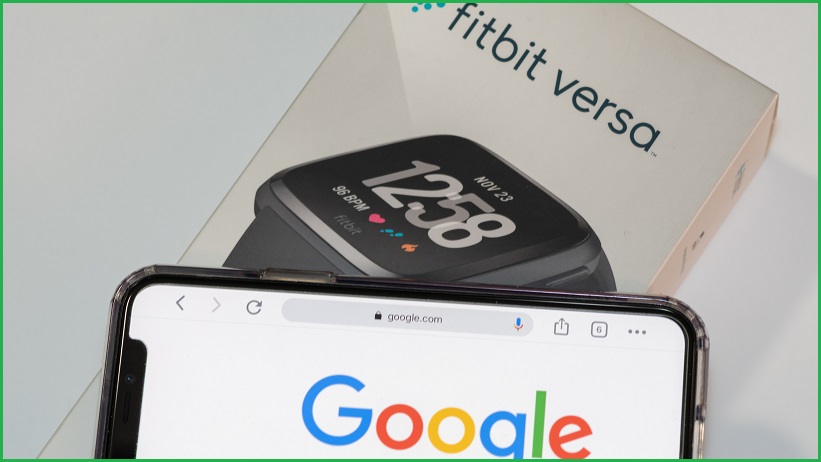Australia’s competition watchdog has rejected Google’s attempt to waylay concerns surrounding its acquisition of Fitbit, with a final decision on the takeover to be made in March next year.
In November last year, tech giant Google acquired health and fitness wearables company Fitbit for $2.1 billion, leading to significant competition concerns around the world, and a number of investigations by regulators.
The Australian Competition and Consumer Commission (ACCC) published a statement of issues in June 2020 outlining its concerns around the acquisition.
Google has sought to address the competition concerns of regulators by offering a court enforceable undertaking that it would behave in certain ways towards rival wearable manufacturers, not use any health data for advertisers and in some cases allow competing businesses to access health and fitness data.
But the ACCC has rejected this offering and will make a final decision on the acquisition by 25 March next year.
“The ACCC continues to have concerns that Google’s acquisition of Fitbit may result in Fitbit’s rivals, other than Apple, being squeezed out of the wearables market, as they are reliant on Google’s Android system and other Google services to make their devices work effectively,” ACCC chair Rod Sims said.
The competition watchdog is also concerned about the impact of the takeover on Google’s power in terms of its collection of user data and online advertising in the health markets, Sims said.
“We are also continuing to investigate the acquisition’s potential impact on wearable operating systems,” he said.
“The acquisition may result in Google becoming the default provider of wearable operating systems for non-Apple devices and give it the ability to be a gatekeeper for wearables data, similar to the position it holds for smartphones which licence the Android operating system.
“Wearable devices such as smart watches are becoming more important in Australians’ online lives, and the user data these devices collect is likely to become increasingly valuable.
“The competition impacts of Google acquiring Fitbit to expand into these important markets need to be very carefully considered.”
The ACCC’s decision is in contrast to the European Union, which recently accepted Google’s offering of the enforceable undertaking, with the acquisition having received conditional clearance in Europe. The US government is yet to make a decision on the issue.
“While we are aware that the European Commission recently accepted a similar undertaking from Google, we are not satisfied that a long term behavioural undertaking of this type in such a complex and dynamic industry could be effectively monitored and enforced in Australia,” Sims said.
“We recognise we are a smaller jurisdiction and that a relatively small percentage of Fitbit and Google’s business takes place here, however the ACCC must reach its own view in relation to the proposed acquisition given the importance of both companies to commerce in Australia.”










